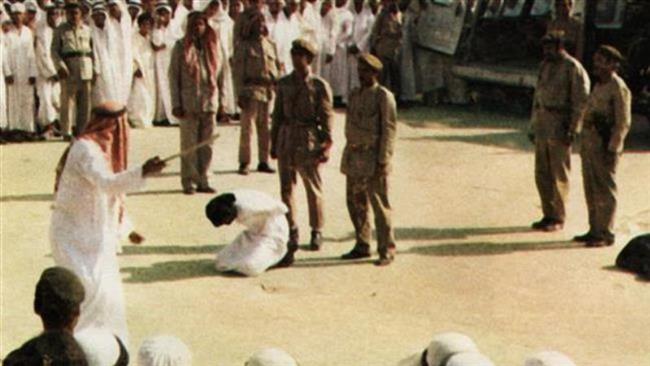
RNA - The convicted Pakistani men, identified as Mohammed Ashraf Shafi Mohammed, Mohammed Aref Mohammed Anayt and Mohammed Afdal Asghar Ali were beheaded on Sunday, state-run SPA news agency reported.
According to the agency, the three had been found guilty of "smuggling quantities of heroin in their stomachs".
Saudi Arabia carried out 153 executions across the kingdom last year. In the most stunning case of executions in 2016, Saudi Arabia executed on January 2 Sheikh Nimr al-Nimr along 46 other people in defiance of international calls for the release of the prominent Shia cleric and other jailed political dissidents in the kingdom.
Saudi Arabia carried out 158 executions, including 71 foreign nationals, in 2015. This number of executions in terms of annual basis in Saudi Arabia has been unseen since 1995.
Saudi officials execute convicts by sword and then dangle their corpses from a helicopter to make sure the public could see the result of the execution.
Concern is growing about the increasing number of executions in Saudi Arabia.
Saudi authorities say the executions reveal the Saudi government’s commitment to “maintaining security and realizing justice.”
The country has come under particular criticism from rights groups for the executions carried out for non-fatal crimes.
According to the London-based rights group Amnesty International, Saudi Arabia has one of the highest execution rates in the world. The New York-based Human Rights Watch (HRW) has called on the Saudi regime to abolish its “ghastly” beheadings.
847/940